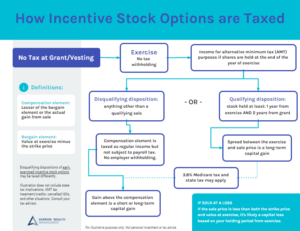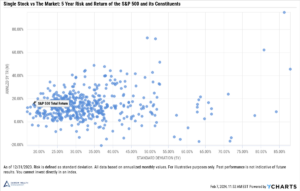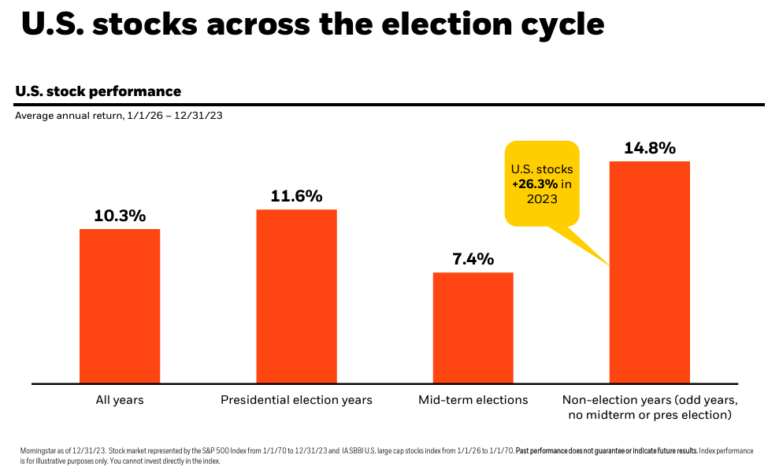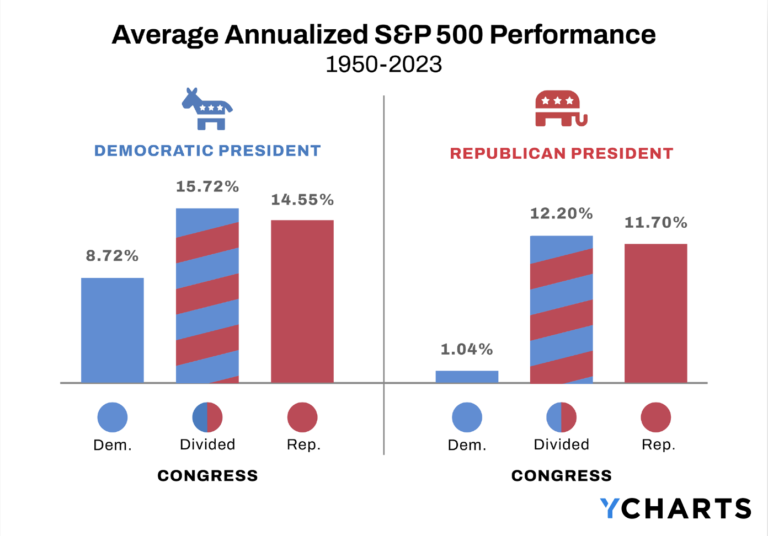What Happens to Stock Options After a Failed IPO?
WeWork (now called The We Company) was just steps from a historic initial public offering when mounting concerns over the company’s rampant spending, erratic behavior by then-CEO Adam Neumann, and sloppy IPO filings effectively forced the startup to shelve its highly-anticipated IPO. Valued at $47 billion in January 2019 for the company’s last venture-funding round, WeWork was targeting an IPO valuation of up to $20 billion in September. After the failed IPO, We made another deal with SoftBank, the largest external shareholder. This dropped the company’s valuation to $8 billion. So what happens to employee stock options after a failed IPO?

WeWork is an example of an IPO that never happened
Largely absent from the headlines is what this all means for employees with stock options. For employees, liquidity events from a company going public or being acquired by another firm can represent a huge windfall for individuals with stock options and other forms of equity compensation. But for every success story, there are no shortage of examples where it didn’t turn out happily ever after.
At least as of now, WeWork is one of those cases. As The Wall Street Journal reports, the SoftBank rescue package includes a partial repurchase of existing employee and private investor stock at $19.19/share, well below the consideration paid by more than 90% of past-and-present We-workers. The exercise price for options at the company was above $20/share since January 2016, going as high as $110/share in January 2019.
WeWork employees left with a pile of underwater options may be wondering what’s next. A SoftBank executive and WeWork’s new executive chairman has acknowledged the unfortunate situation many employees are in and plans to take action to improve their financial situation. But what might that look like?
What happens to underwater employee stock options after a delayed or cancelled IPO?
As with so many things that can happen with an investor’s options or awards, the outcome for your specific situation may be unique. The following is a generalized discussion of several outcomes that may be available to companies in this situation.
From a practical standpoint, reversing plans for an initial public offering can be a major stumbling block for many organizations. Private investors, current executives and employees are anxiously awaiting a liquidity event. The company may have decided to go public to take advantage of a perceived opportunistic time in the market. Or perhaps, (in WeWork’s case), was quickly running out of money and needed to raise cash. Companies must quickly prioritize and consider trade-offs given their available resources at that time.
Repricing stock options
Repricing options sounds like a straightforward solution at face value. However, due to several complex tax and accounting complications, many companies opt for other means. At the most basic level, repricing means cancelling out-of-the-money options and replacing them with options at the current valuation. A company could do this without changing vesting terms, though the holding period for incentive stock options (ISOs) to gain favorable tax treatment would likely be restarted. This option won’t benefit those who have already exercised and are now shareholders.
Exchange stock options for restricted stock or restricted stock units
To avoid options becoming underwater again, a company could exchange stock options for restricted stock or restricted stock units. An employer will typically replace old options with new shares designed to represent an equivalent value. An exchange typically involves a new vesting schedule. It may also have other tax implications or different tax treatment than original options. Companies may decide to only exchange extremely out-of-the-money options, not all. This option won’t benefit those who have already exercised and are now shareholders.
Repurchase options with cash
A company may offer to repurchase all or some vested options at a stated valuation. Employees may be able to receive something for underwater options but they lose potential future upside. For companies looking to raise cash from an IPO, it may not be possible to buy back shares after those plans fail. A offer to buy back shares could be made available to employees who have already exercised their options as well as individuals who have not. For employees who already exercised, buybacks may be a way to recoup some of their losses. Individuals who haven’t exercised could have the opportunity to get something from the options that are currently worthless.
Issue a make-up grant
Instead of cancelling or changing terms of existing grants, a company could issue a make-up grant. In this case, the strike price would likely reflect the current valuation. This is risky for the company as it could become highly dilutive if out-of-the-money options later become above water before the employee leaves or the grant expires (typically 10 years). Grants could vest immediately or with new vesting terms. For investors looking to move on after the IPO, additional vesting may be undesirable.
Nothing
The business may not take any action at all following a failed IPO. Perhaps current market conditions have changed and the company prefers to defer their IPO a few months. If the company doesn’t have the capital needed to restructure equity compensation, their hands could be tied. Paying a smaller cash bonus may improve moral, but it won’t help retention or incentivize employees the same way.
Other considerations for employees with stock options after a failed IPO
Companies issue equity compensation as a way to incentivize and retain employees. Despite the best intentions, the current financial situation of the company may preclude it from taking meaningful or sweeping action. Remember, your employer may have a lot of flexibility to structure changes to the equity plan. Vesting and exercise status, grant date, degree to which options are underwater, current employee vs former hire, status as an executive ‘insider’, etc., could all be factors that employers use to determine who-gets-what.
As is the case with the current WeWork debacle, it’s not yet known whether SoftBank’s decision (if any) will apply to employees who will be laid off. The company is widely expected to layoff a third or more of its workforce, a move that had previously been postponed as the company lacked the funds to pay severance.
What Does an IPO Mean for Employees?
Stock option planning: balancing risk and reward
Few argue that We’s rank-and-file are primarily responsible for the company’s stunning fall from grace. But that doesn’t change their current situation. As employees at a startup, it’s important to mitigate the risk associated with your equity compensation and always remember the difference between paper profits and actual profits.
Don’t bet more than you’re willing to lose
The Wall Street Journal reported that many early employees spent “tens or hundreds of thousands of dollars” purchasing shares of We stock. These individuals may have put themselves in a very precarious financial situation if they borrowed on their home or took out personal loans to buy the stock.
Employees at a company that already went public can consider opting for a ‘cashless’ exercise of stock options or sell-to-cover to avoid paying out of pocket for shares. In a cashless exercise, shares are exercised and simultaneously sold. The employee receives cash proceeds (net of the cost to acquire the shares), less brokerage fees and any tax withholding. When selling-to-cover, the employee sells as many shares at exercise necessary to cover the purchase, taxes, and fees. The remaining shares are held until the individual decides to sell.
Employees at private companies will generally have fewer options aside from cash to acquire vested shares. A company may offer employees a loan to purchase the stock or a method similar to sell-to-cover, called net exercising.
Using the current value of the shares to exercise options without taking on debt can greatly decrease the risk of financial loss. Though your total upside is smaller (you own fewer shares), the downside is limited to tax consequences and any fees.
Know what happens if you leave the company
If you work for a startup, often the greatest value of your stock will follow an exit event such as a merger or acquisition or an IPO. However, if you leave the company before one of these exit events, you may lose out on the upside, even if you’ve already exercised your options. Clawback provisions or repurchase rights stipulate that after a triggering event (e.g. you quitting or getting fired) the company has the right to buy back vested shares, whether you’ve already exercised or not. The purchase price is typically your exercise price or the market value of the stock at the time. Read more on what happens to stock options if you leave the company.
Understand the implications in an acquisition
Following a failed IPO, a company may may accept a buyout or merger to solve cash flow issues. For some employees with stock options, this could be a welcome liquidity event. There are a number of ways a company’s stock could be treated after an acquisition – assuming you already own it. Shares may be given a new valuation based on the terms of the deal and cashed out, converted to shares of the new company’s stock, or left unchanged. The outcome for unvested options or awards is a different story altogether.
Another challenging situation for employees with stock options is when public company goes private.
Protect yourself from concentration risk
The WeWork saga is the latest example of the dangers of being overly-concentrated in company stock. Taking into account your salary, benefits, and equity positions, ask yourself: would you invest this much in any other stock? Risks stem from legislative and regulatory, to industry or company-specific. Although the risks don’t disappear when a company turns public, at least there’s a liquid market for the shares after the lockup period. What can happen to the market value of your shares during the lockup period is a different topic altogether.











